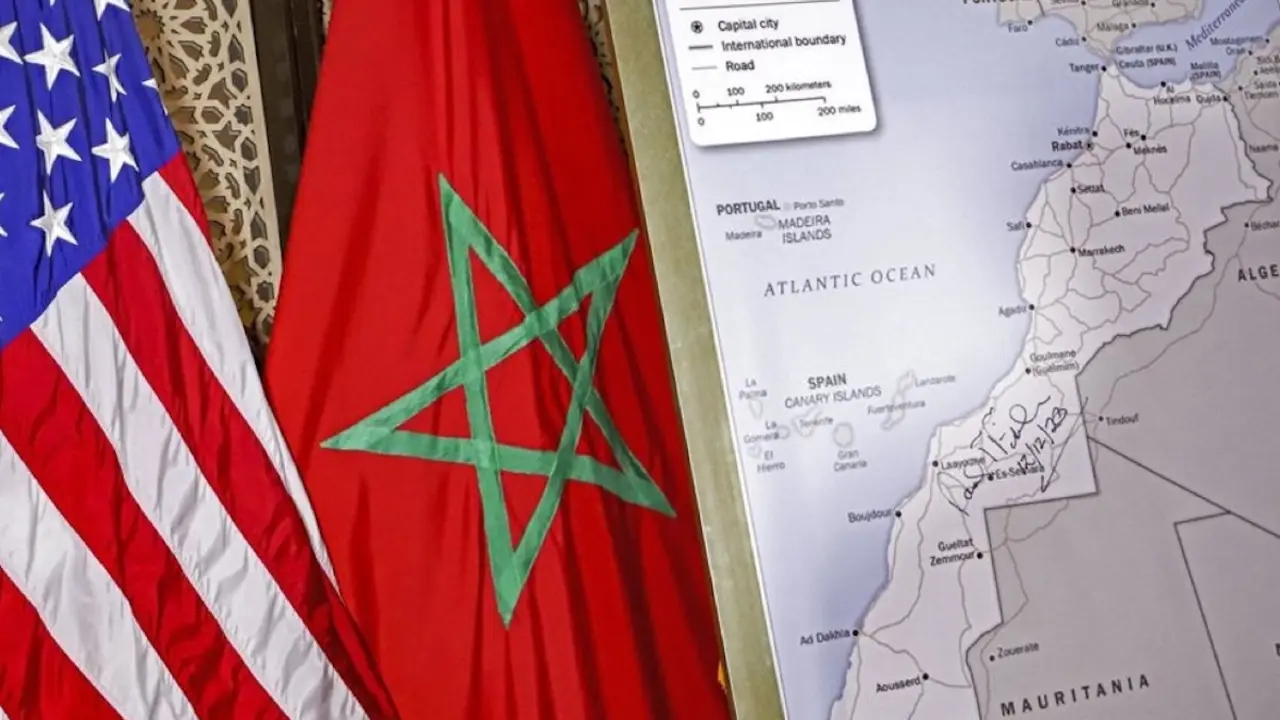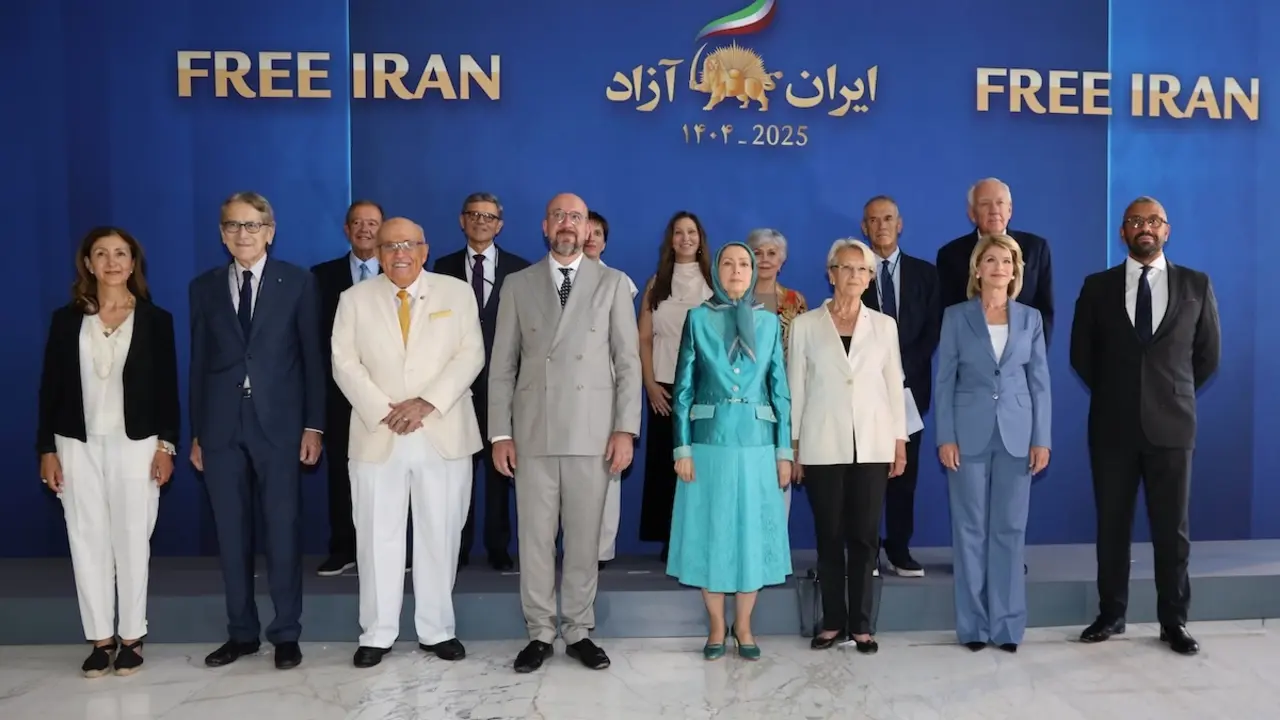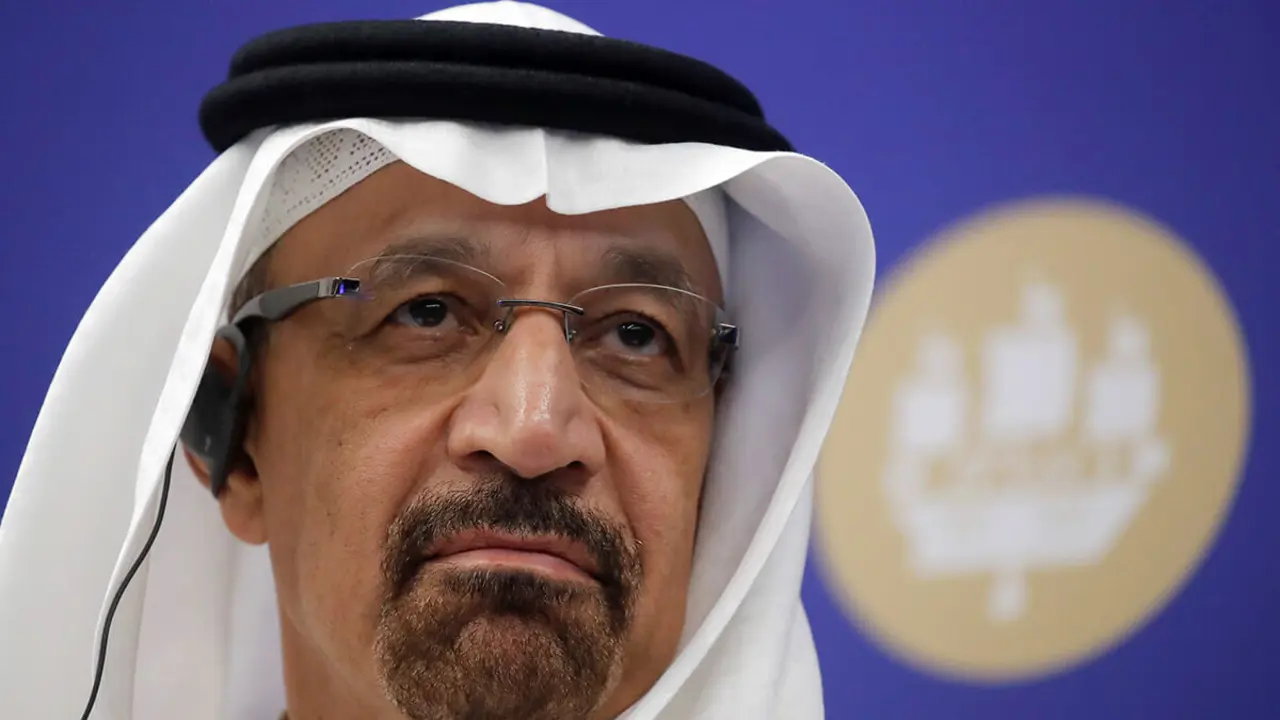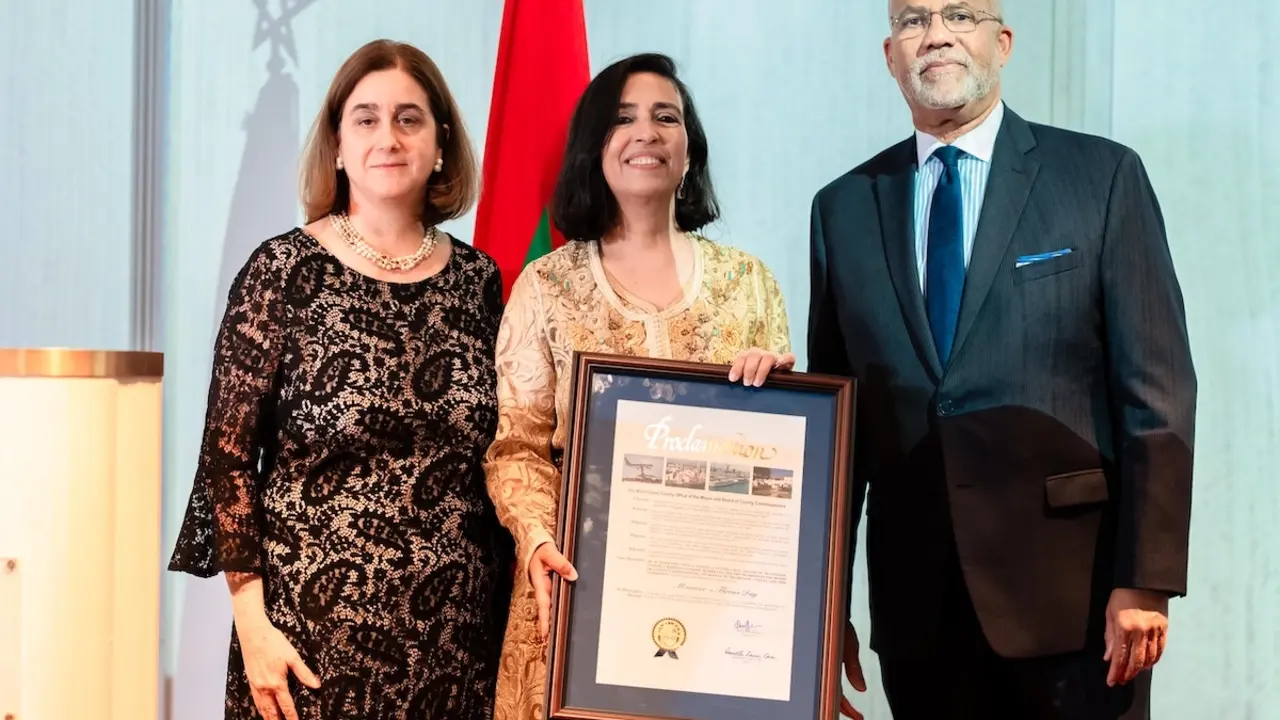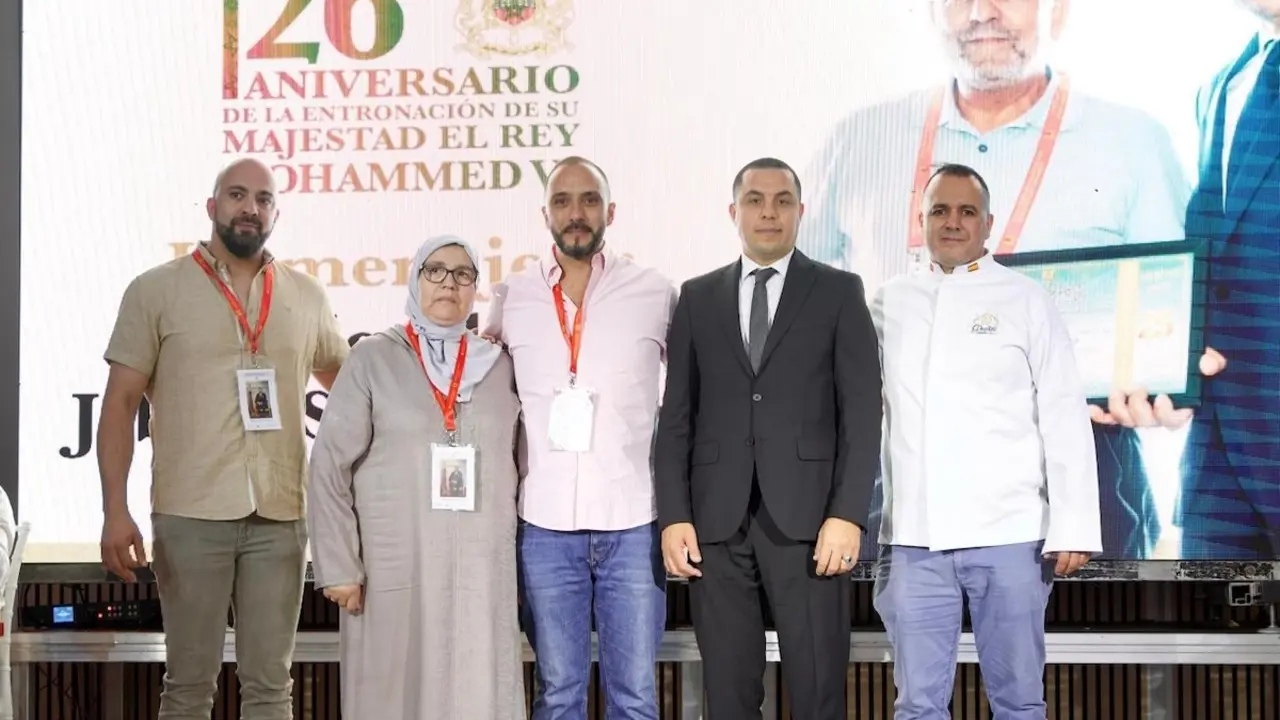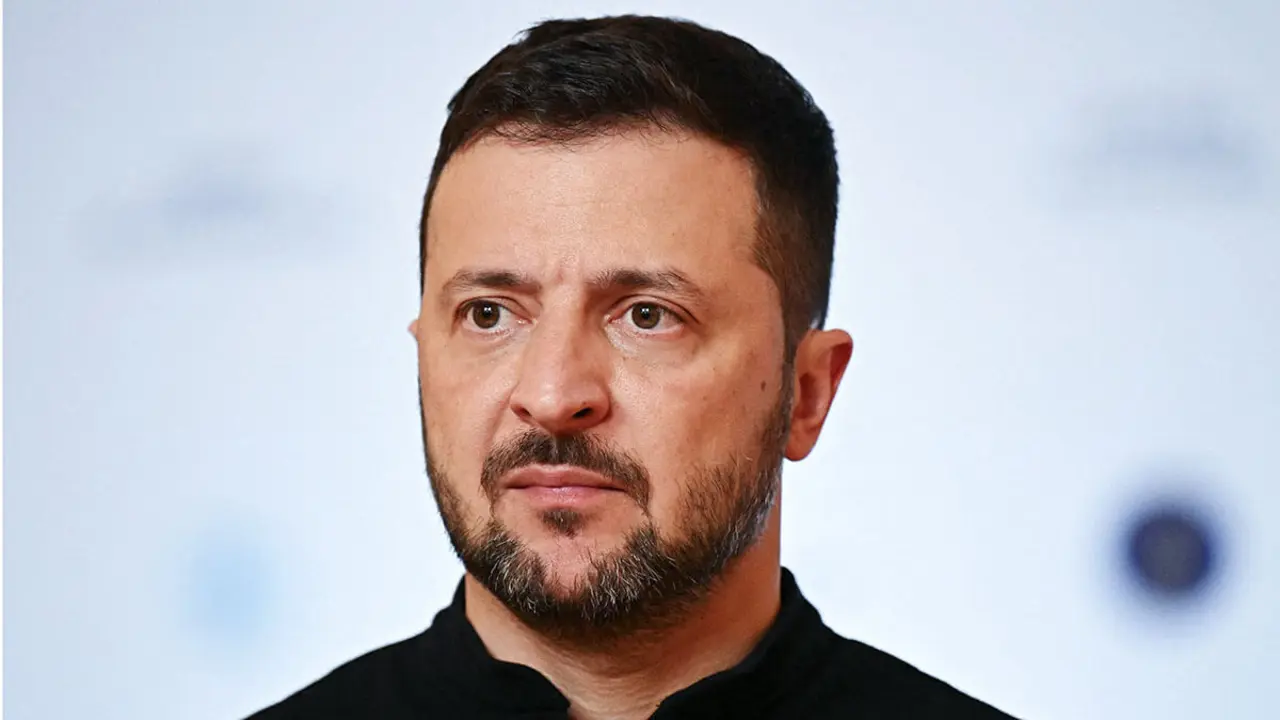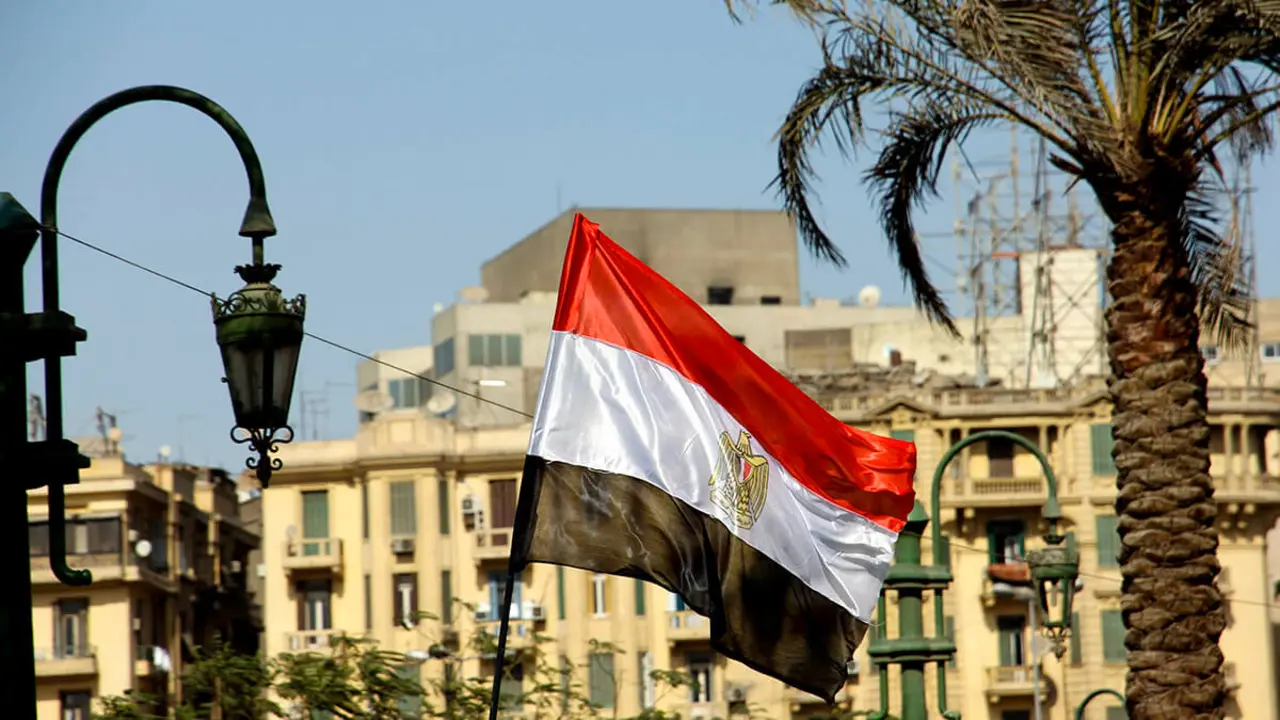El juez Lasala, instructor del ‘caso Ghali’, cita al número dos de la Policía para comprobar si Interior ocultó la entrada del líder polisario
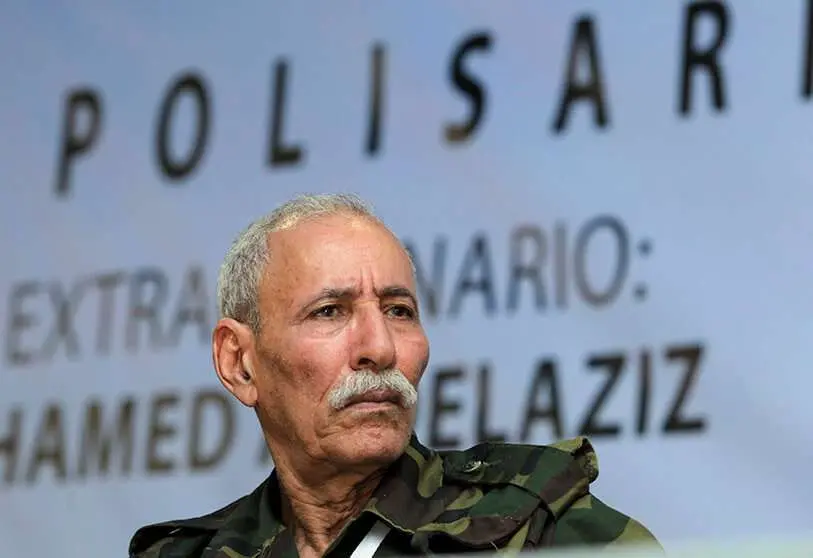
The magistrate Rafael Lasala, head of the Court of Instruction number 7 of Zaragoza, has summoned José Ángel González, Deputy Operational Director (DAO) of the National Police, and a chief inspector of the General Information Commissariat Group in the framework of the investigation into the entry into Spain of Brahim Ghali, leader of the Polisario Front. The judge has indicated that the witnesses can choose to testify in person before the Zaragoza court or, on the contrary, to testify by videoconference.
The judge's objective is to determine whether the Ministry of the Interior was aware of the Polisario leader's arrival, who landed at the Zaragoza Air Base on 18 April. As reported by the Europa Press news agency, which has had access to the magistrate's order, Lasala has accepted the request of the Public Prosecutor's Office, which asked to clarify whether the General Commissariat of Information informed the DAO of Ghali's entry into the country.
The judge's order stresses that these facts must be verified, in addition to discovering the decisions that "were adopted as a result of this information and the facts that were subsequently learned while Brahim Ghali was convalescing at the San Pedro Hospital in Logroño", where he was admitted under the false name of 'Mohammed Benbatouche' and ill with coronavirus.
In this sense, Lasala points out that it is "appropriate" to clarify the circumstances "why they did not proceed ex officio to investigate the alleged false documentation once it was known that he had been admitted to the Hospital de Logroño". However, it was not the first time that Ghali had entered the national territory with a false identity. In 1999 he entered Spain "with a false passport" and later in 2003 "his residence was extended with another false passport".
On the other hand, the investigator of the case considers "adequate" the testimony of the DAO and the chief inspector "to detail the degree of prior and/or subsequent knowledge that the authorities involved in Ghali's arrival and stay in Spain had of the peculiar subjective procedural circumstances".

When Ghali arrived at Zaragoza airport, allegedly without going through passport control, the Sahrawi leader was being investigated in the Audiencia Nacional for two different cases related to crimes of illegal detention, torture and crimes against humanity. Two victims have directly pointed to Ghali as one of the torturers in the Algerian Tindouf camps. The practices used by Ghali include "all kinds of physical and psychological torture", as well as "beatings and electric shocks".
Shortly after Ghali's entry into Spain was leaked, the Sahrawi Association for the Defence of Human Rights (ASADEDH) requested the immediate arrest of the Polisario leader. ASADEDEH filed a lawsuit against more than 20 members of the Polisario Front for violating the human rights of Sahrawi refugees in the Tindouf camps between 1975 and 1990. The organisation denounced ethnic cleansing against the Tekna, Aitusa and Yegutt minorities.

Despite the serious allegations, the Spanish government decided to take in the alleged torturer on "humanitarian grounds". In addition to criticism from human rights organisations, Ghali's entry provoked a serious diplomatic and migratory crisis with Morocco. Due to the seriousness of the facts, several political authorities such as Camilo Villarino, former head of Arancha González Laya's cabinet, and the former foreign minister herself, have already testified before Judge Lasala as defendants in the 'Ghali case'.
Villarino assured the magistrate that he had acted under Laya's orders. However, the ex-minister's deputy claimed that "the decision was taken from above" and that the operation was carried out under a "high level of discretion", as there were third countries that could consider Ghali's entry as an attack on their national interests, alluding to Morocco. For this reason, the lawyer Antonio Urdiales, who is prosecuting the case, asked the judge for the ex-minister to testify under investigation. Laya, after appearing before Lasala, insisted to the media that Ghali's entry was "in accordance with the law".
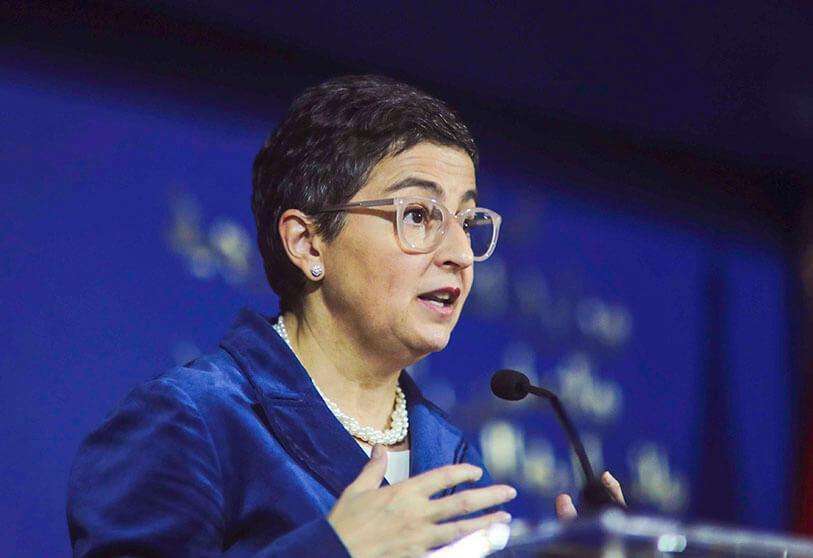
The 'Ghali case' has also affected the Ministry of Defence, which is involved in the operation. Air Force General of Staff Javier Fernández Sánchez testified as a witness that Villarino "did not tell him exactly who the passenger was" on the international flight that landed at the Zaragoza Air Base on 18 April.

